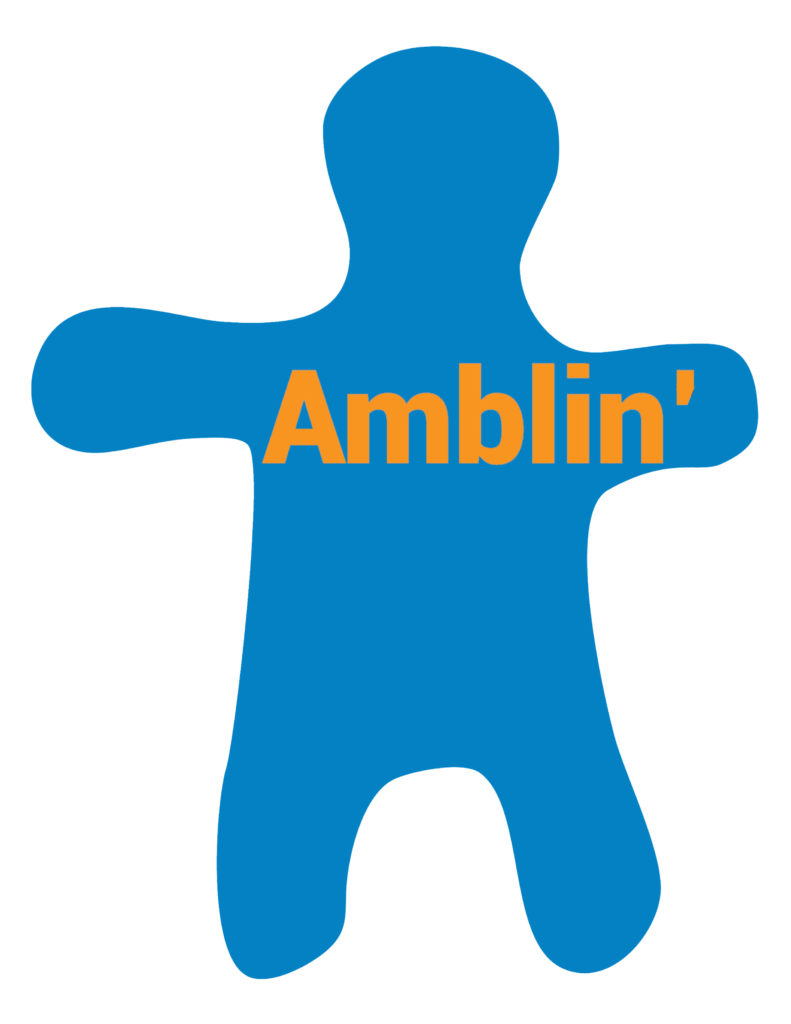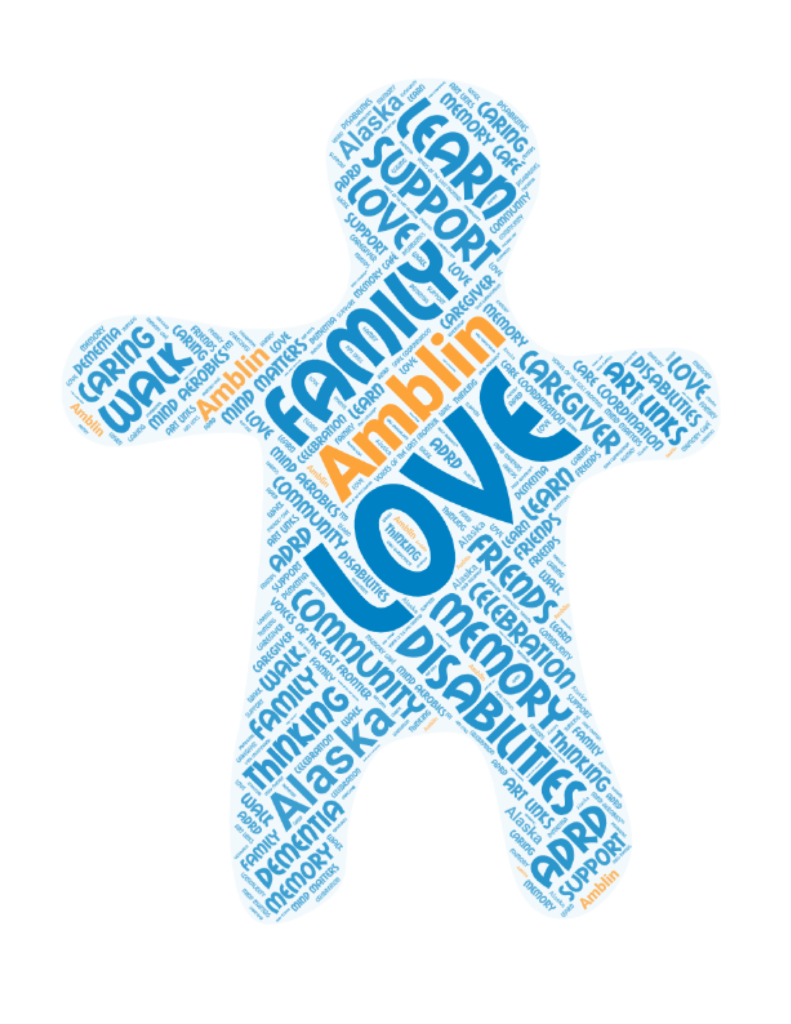Talking With Children About Dementia

When a family member is diagnosed with some type of dementia everyone in the family is affected, including children and grandchildren.
Children see parents’ uncertainty, feel their sadness, and hear their frustration. Children may wonder if they have caused this stress. Children may worry about how they now fit into their family’s changing needs and priorities.
Helping children understand what is happening provides reassurance and direction. Begin with educating yourself so you can answer your children’s questions honestly in age-appropriate ways.
Storybooks can also be effective in providing information, encouraging questions and opening up conversations about feelings and concerns.
Pre-school age children

Small children are primarily interested in what is going on at the moment. Simple explanations are usually enough… “Grandma is having problems with her memory.” Expect to repeat explanations as small children often forget.
Resources to consider:
- Striped Shirts and Flowered Pants: A Story About Alzheimer’s Disease for Young Children by B. Schnurbush (ages 4-8)
- A Heart Full of Gems by Teepa Snow and Reverend Linn Possell
School-age children

As children come to a greater understanding of the concept of illness, they look for more explanation.
Put a name to the illness, “Alzheimer’s is a disease that causes the brain to change. Grandpa’s brain is changing. Sometimes Grandpa may feel confused or afraid or angry. Sometimes these feelings cause him to do or say things that he doesn’t mean. It’s the Alzheimer’s. You are not to blame.”
Resources to consider:
- What’s Happening to Grandpa? by M. Shriver
Teen-age children
A teenager may find it hard to accept how a person is changing. Feelings of embarrassment or discomfort are common. A teen may worry whether the dementia is hereditary or contagious. “Alzheimer’s is not contagious. Most people do not get Alzheimer’s.”
Resources to consider:
- AFA Teens – Available through the Alzheimer’s Foundation of America www.afateens.org This website offers support for teens, involvement in Foundation activities, and access to information on Alzheimer’s disease and related dementias along with ways to cope
Children of all ages

Talk with children about their feelings. Reassure them that whatever they feel is normal. With children, unexpressed feelings can appear as changes in behaviors and attitudes, problems in school or with friends.
Watch for signs that a child is upset. A school counselor or social worker may be able to help you help your child to understand what is happening and how to cope.
Alzheimer’s Resource of Alaska also has information that might be helpful for you and your children. Schedule a consultation to speak with an Education Specialist.
Find activities that the family can do together or that a child can do with the person living with dementia. Look for ways to help a child make positive memories out of present moments.
Create a memory box
Create a memory box that is filled with things that remind your children of their grandpa or grandma. Look through the box together.
Additional ideas for activities:
- Listen to music
- sing or dance
- draw pictures or color
- help with preparing meals or other household chores
- read stories or poetry
- talk to grandpa or grandma about when they were young
- make instant pudding
- toss a ball
- play with balloons
- blow bubbles
- hold hands
- put a puzzle together
- water the garden
- share a favorite snack.
The sky is the limit.
See also: ![]() Activities for Adults with Dementia
Activities for Adults with Dementia
Parents of all ages
Remember to give yourself permission to prioritize your children’s needs . . . and to make time for your own needs. The person you are caring for will be better cared for if you, your children, and your family is thriving.
And remember, the Alzheimer’s Resource of Alaska is here to support you through education and services. Don’t hesitate to call.
How we can help
- Individual and family consultations.
- Caregiver support groups by telephone or video conference (a great way to learn about local resources)
- Community Resource Guides or setup a consultation for further community referrals.
- Brochures and handouts
- Lending library and recommended books/videos/websites
- Educational programs, seminars and state-wide webinars on relieving stress for caregivers, family consultations, financial and legal planning, and Savvy Caregiving and more.
- Printable Fact Sheets
- Care coordination services
- Assistance to find respite services, chore services, or consumer-directed personal care attendant services.
- Mini-grant funds for items that will help your loved one
Related Resources
Alzheimer’s and Dementia Info Pages
- 10 Steps in Planning for the Future
- 10 Warning Signs
- About Alzheimer’s Disease
- About ADRD
- Activities for Adults with Dementia
- Assisted Living Homes
- Caregiver Checklist
- Combativeness
- Communication Tips
- Diagnosis
- Dining & Dementia
- Driving and Dementia
- Introducing Services
- Treatment & Medications
- Medications & Dementia
- Normal Aging vs. Alzheimer’s
- Prevention
- Strategies for Wandering
- Stages and Symptoms
- Talking with Children about Alzheimer’s
- Traveling with Alzheimer’s
 Make a Payment
Make a Payment



